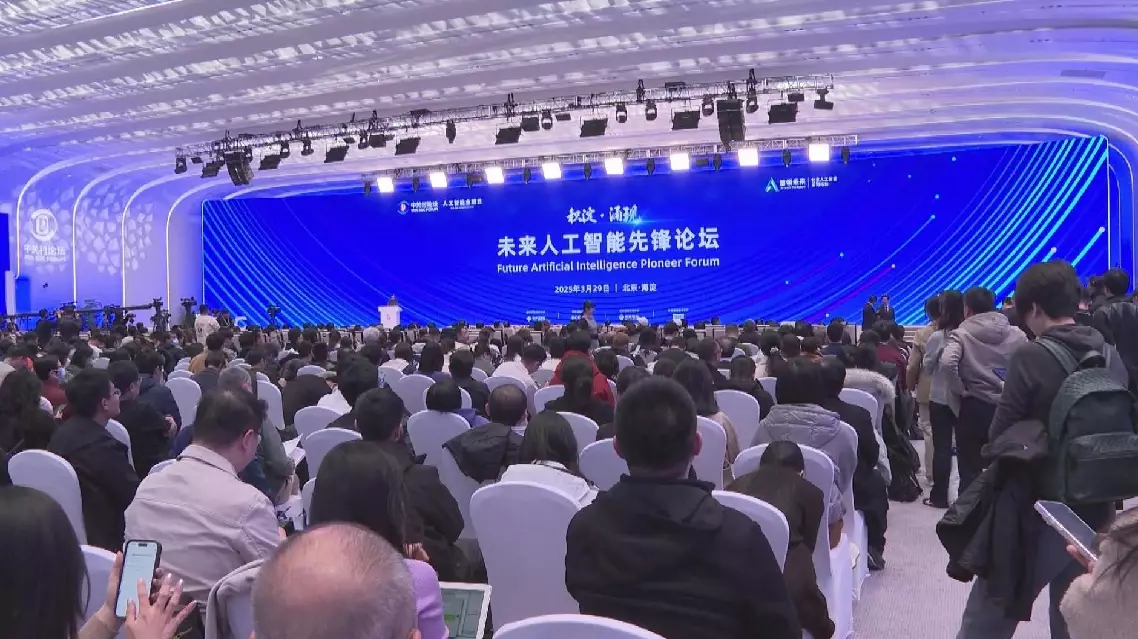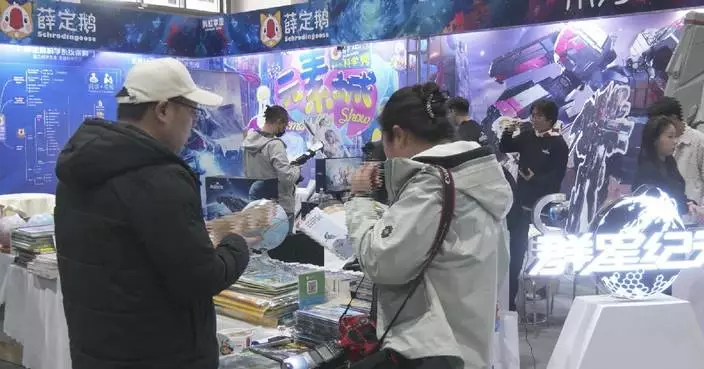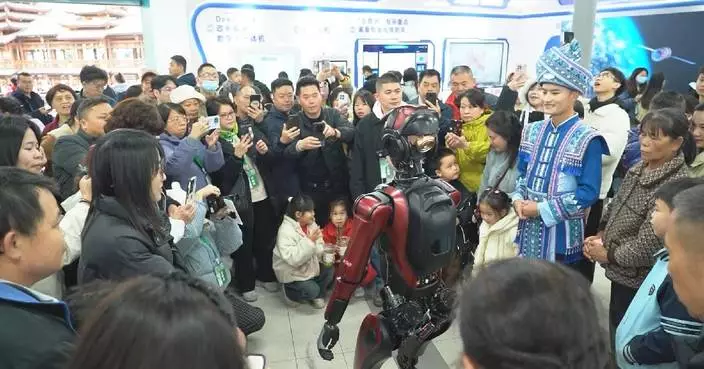African coffee beans have gained a strong foothold in China, one of the world's fastest-growing coffee markets, driven by the distinctive flavors of these beans and the surge in bilateral trade.
Coffee is becoming a permanent fixture in China's popular culture. In China, whether people hope to seek solitude, wish to reconnect with their friends, or simply need a rapid fix of coffee to begin their day, the country is replete with a multitude of cafés to cater to every preference.
Basic Element Coffee is one of them. Running by an award-winning barista who has been in the business since 2005, the coffee shop in Beijing sources coffee beans from various African countries including Ethiopia and Kenya.
"People here like coffee beans from Ethiopia and Kenya very much for their unique scent. These have an enchanting floral and fruity aroma. Chinese people, in general, like drinking tea. When in light or medium roasts, coffee made from Ethiopian and Kenyan beans have a significant tea-like flavor that plays well into the diet structure and drinking habit of the Chinese people," said Tang Tianchao, owner of the coffee shop.
Another local favorite that specializes in African coffee beans is Grid Coffee, a franchise that prides itself in using single-origin coffee with no added sugar or syrup.
Single-origin coffee is sourced from one single producer, crop or region in one country, and usually has the most original and unaltered flavor, according to Chen Ziyu, head of Grid Coffee.
The coffee brand also refines the coffee beans through special yeast washing to remove impurities and give the coffee a cleaner taste. "Under the effect of yeast washing, substances in coffee beans will be transformed into compounds that have a fruity aroma, which in turn will make the brew more refreshing. Yeast is an enzyme that can help with biological fermentation. The yeast-washing process can get rid of the defective beans. We also add carbon dioxide and discharge oxygen in this process to prolong the time for fermentation. This way, we can balance the flavor and bring out the sweetness of the beans," said Duan Ziyu, manager of a Grid Coffee shop in Beijing. Apart from the fascinating taste and aroma, measures facilitating trade between China and Africa also help African coffee beans to make a splash in the Chinese market
Due to the long distance between China and Africa, the import of African coffee beans used to require intermediaries, resulting in long procurement cycles, unaffordable prices, and unstable quality of coffee beans. However, the turning point began in 2018, as that year's Summit of the Forum on China-Africa Cooperation (FOCAC) in Beijing announced the implementation of eight major initiatives to facilitate trade and expand import of African goods.
Subsequently, the establishment of the China-Africa Economic and Trade Expo (CAETE) in Hunan Province, and the approval of the China (Hunan) Pilot Free Trade Zone further enhanced the efficiency of exporting goods from Africa to China.
Last year, China imported 165.1 million U.S. dollars worth of coffee products from Africa, according to statistics from the General Administration of Customs of China.
Africa is one of the top coffee bean producing regions in the world. Its unique natural environment and high altitudes make African coffee beans highly favored globally.

African coffee beans 'brew' new market in China

African coffee beans 'brew' new market in China

















































